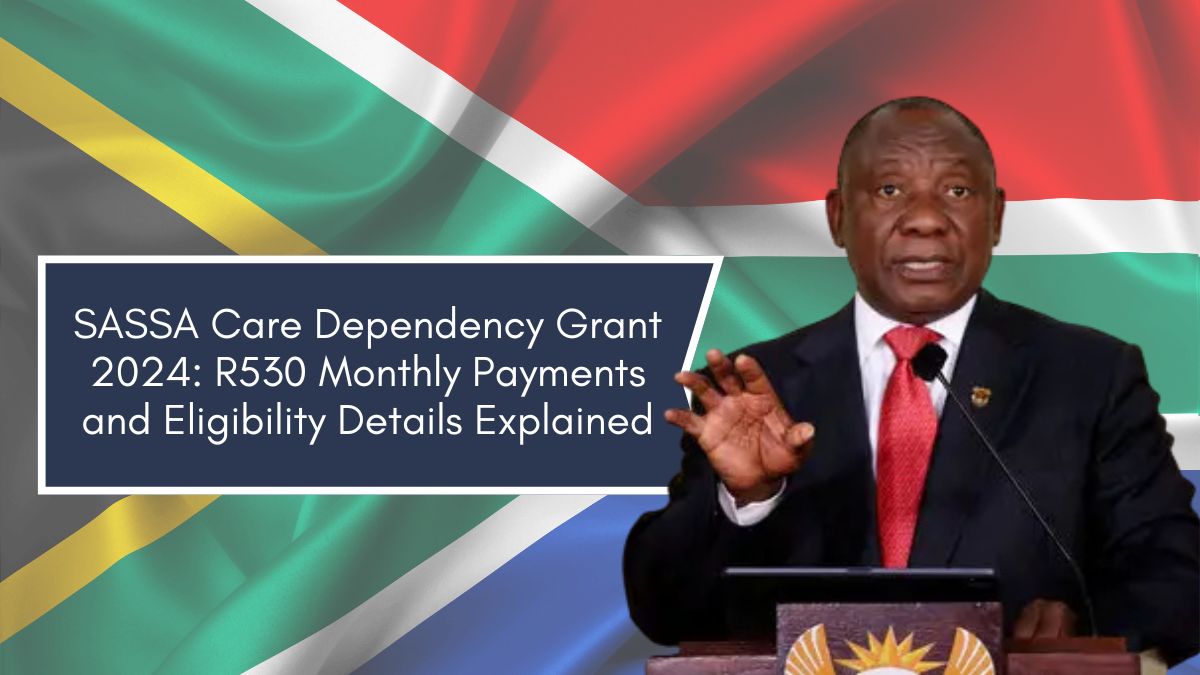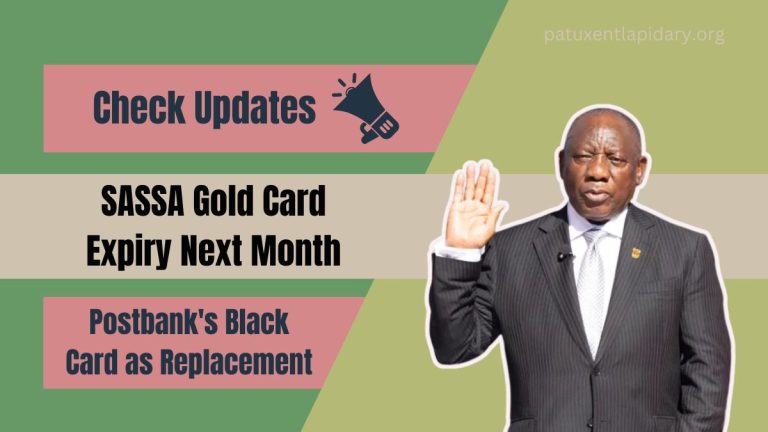The South African Social Security Agency (SASSA) administers the Grant-in-Aid (GIA) program, which offers financial assistance to individuals who cannot support themselves due to mental or physical disabilities. This grant aims to aid those requiring full-time care and unable to live independently.
Overview of the GIA Program
The GIA falls under the Ministry of Welfare and provides a monthly allowance to eligible individuals. The grant’s amount, determined and periodically reviewed by SASSA, considers factors such as inflation and the rising cost of living to ensure recipients can meet their basic needs.
Currently, beneficiaries receive R500 per month. However, updates indicate an increase to R510 in October and R520 thereafter, aligning the program with the escalating cost of living.
Eligibility Criteria for the Grant-in-Aid
To qualify for the GIA, applicants must meet specific conditions ensuring that support is directed to those in genuine need. Below are the main requirements:
1. Existing Social Grant Recipient
- Applicants must already be receiving a disability or older person’s grant.
- For older individuals applying for the first time, the GIA assessment should be conducted promptly if full-time care is necessary.
2. Need for Full-Time Care
- The applicant must be physically or mentally disabled and unable to care for themselves, necessitating continuous assistance from a caregiver.
3. Not in a Subsidized Institution
- The grant is reserved for those receiving care at home or in non-subsidized facilities, excluding residents of government-supported institutions.
How Is the GIA Paid?
Approved beneficiaries of the GIA can receive payments through one of the following methods:
| Payment Method | Details |
|---|---|
| Electronic Deposit | Funds are directly deposited into the recipient’s bank or Postbank account. |
| Institutional Management | In cases where the beneficiary is under institutional care, the institution may manage the grant. |
Application Process for the GIA
To apply for the Grant-in-Aid, follow these steps to ensure eligibility and accurate submission:
- Visit Your Nearest SASSA Office
- Go to your local SASSA office and carry all necessary documents.
- Complete the Application Form
- Fill out the form in the presence of a SASSA official. The form can only be completed by the applicant or the officer.
- Medical Assessment
- A SASSA-appointed doctor will conduct a home visit to evaluate the applicant’s medical condition and confirm the need for full-time care.
- Alternative Application Options
- If the applicant is unable to visit the office due to age or illness, a family member or friend may apply on their behalf. They must provide:
- A written letter from the applicant.
- A doctor’s note explaining the applicant’s inability to visit the office.
- If the applicant is unable to visit the office due to age or illness, a family member or friend may apply on their behalf. They must provide:
Required Documents
Applicants must submit the following documents during the application process:
- Completed and signed affidavit.
- Original ID document.
- Medical report confirming a mental or physical disability.
- Marital status documentation (e.g., affidavit of single status, marriage certificate, or divorce decree).
Appeals Process
If an application is denied, SASSA provides written reasons for the rejection. Applicants can challenge this decision by appealing to the Minister of Social Development within 90 days of receiving the notification. The appeals process ensures fairness and provides applicants with an opportunity to seek reconsideration.
FAQs
What is the current GIA amount, and when will it increase?
Currently, beneficiaries receive R500 per month, which will increase to R510 in October and R520 later.
Who qualifies for the Grant-in-Aid?
Eligible individuals include recipients of a disability or older person’s grant who require full-time care and are not residing in government-subsidized institutions.
Can someone else apply on my behalf?
Yes, a family member or friend can apply for you if you are unable to visit the SASSA office. They must present a written letter and/or a doctor’s note explaining your condition.







